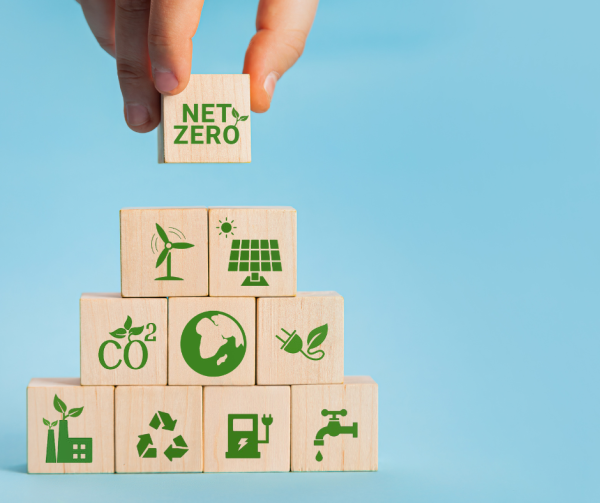Discussing Impacts of the Inflation Reduction Act with RMI’s Lachlan Carey
November 21, 2022
The clean energy transition is everchanging with new technologies, markets, and policies. Following the passing of the Inflation Reduction Act (IRA) on Aug. 22, 2022, change is more rapid than ever before.
In preparation for the 2023 UNC Cleantech Summit, I had the pleasure to speak with Lachlan Carey, the senior associate for the Rocky Mountain Institute, or RMI. His mission is to reduce global greenhouse emissions within the energy sector through effective communications. Our conversation on the clean energy and technology transition quickly turned to discussing the IRA, which Carey felt was a key part of the topic. He touched on how the IRA will affect three of the tracks featured at this year’s summit: the global energy transition, green finance, and supply chains and manufacturing.
“I think the operating environment for all three of those looks very different after August 22 than it did before August 22,” Carey said.
The Global Energy Transition
The Inflation Reduction Act will significantly reduce American consumption of oil and gas. With new investments and tax credits on sustainable transportation, housing, and agricultural practices, the US could reduce greenhouse gas emissions 40 percent by 2030.
Carey said, “there’s a genuine chance that we’ve seen peak oil as a result of this passage.” With this, Carey mentioned important ramifications and implications to consider.
The IRA adds $9.7 billion for a more reliable and resistant grid in rural areas. This is one of two major efforts in modernizing the national grid, following a $65 billion expansion effort through the Infrastructure Investment and Jobs Act in November 2021. This connectivity will allow more communities to use clean energy and storage, which is also made more affordable.
Carey said there is a strong demand signal for hydrogen, though batteries, wind, and solar will also bring down the cost of energy. With the transition moving faster than expected, countries in the Global South can more easily adapt to new technologies with better prices and accessibility.
“It’s not going to make sense to build a big, ugly coal power plant, it’s just going to make more sense to build solar and wind resources […] I think that genuinely changes the game in a way that any number of global climate agreements has never really approached,” Carey said.
Green Finance
Green Finance “is a mess right now,” as Carey frankly put it. The environmental, social, and corporate governance (ESG) debate has proposed many unanswered questions. Carey believes the IRA may be the positive push needed for progress, especially regarding green banks.
“The new $27 billion Greenhouse Gas Reduction Fund will seed and help grow green banks around the country,” Carey said. “And those green banks are designed to plug holes where private finance is currently not filling them.”
Carey stated that progress in green bank implementation will grow a new, well-governed market of green financial instruments for both investors and borrowers to succeed.
Supply Chains and Manufacturing
Carey believes the Inflation Reduction Act has the largest effect on manufacturing.
“The 45X manufacturing tax credits incentivize manufacturing up and down the supply chain for wind, solar, and batteries,” Carey said. “That’s going to be a huge capital injection in all of these supply chains in a really significant way.”
The Section 45X Manufacturing Tax Credit, alongside the Electric Drive Motor Vehicle Credit (IRC 30D) and the provisions outlined in the CHIPS and Science Act, will together provide more funding across US manufacturing initiatives.
Carey states this funding will help “foster a globally competitive manufacturing sector in this country and start to reassure some of the jobs that were lost in the 2000s.”
More on each of these topics will be featured at the 9th annual UNC Cleantech Summit on March 27-28, 2023 at The Friday Conference Center in Chapel Hill, NC.
About the Author
This article was written by Samantha Hoffman, a sophomore at UNC-Chapel Hill majoring in Media and Journalism (B.A.) and Environmental Studies (B.A.). She is currently an IE Cleantech Corner Initiative intern involved with the planning of the 2023 program.
